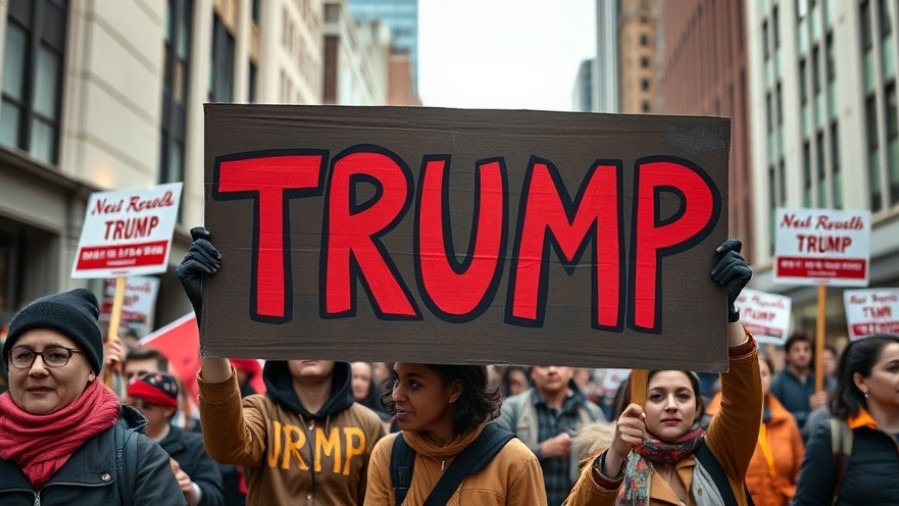
Mass Mobilization Against a King-Like Rule
On October 18, a sea of protesters gathered in Washington, D.C., for a pivotal event in the ongoing battle over former President Donald Trump’s grip on American politics: the "No Kings" protest. This flagship demonstration took place across the National Mall, unlike previous gatherings that were spread across smaller locales. The resounding message? Many Americans feel Trump’s administration resembles a monarchy, and they refuse to accept what they perceive as authoritarian rule.
Unprecedented Scale and Diverse Leaders
The No Kings protests have mobilized more than 2,600 events across the U.S., with organizers like the progressive coalition Indivisible and celebrities like Robert De Niro rallying support. Such widespread participation highlights growing frustration with Trump’s policies, from aggressive immigration reforms to austerity measures affecting public services. Attendees came together from diverse backgrounds, sported colorful costumes like inflatable frogs, and held signs declaring their commitment to democracy and equality.
Community Reactions and Statements
The atmosphere was charged with energy, as demonstrators across the nation voiced their discontent. In urban areas like Atlanta, protests featured upbeat appeals that emphasized collective action against perceived injustices. Attendees expressed their grievances over Trump’s handling of immigration, social justice, and governmental operations. This sentiment reverberated from cities to small towns, emphasizing that opposition to Trump transcends political boundaries.
Declining Trust and a Call to Action
As evidenced by the protests, a palpable mistrust of Trump’s leadership is fueling this grassroots movement. Organizers like Leah Greenberg of Indivisible have articulated that exercising rights through peaceful protest is an essential part of maintaining democracy and civic accountability. The protests have not only highlighted dissent but also have appealed to the shared American ethos of resisting oppression—a sentiment harkening back to the Revolution against King George III.
The Political Implications of "No Kings"
Political leaders from both sides are taking stances on the No Kings protests. While some Republicans label these gatherings “hate America rallies,” organizers argue they represent the very essence of American democracy. The discussions surrounding the protests may also have grounded implications for Congress; observers suggest that as political tension escalates, elected officials may feel pressured to reevaluate their positions against the backdrop of a resurgent grassroots movement.
Looking to the Future
The “No Kings” protest marks a significant moment in U.S. civic action. Political analysts predict that this movement may not only influence upcoming elections but could also serve as a template for future resistance strategies against authoritarian governance. Given the momentum gathered, the protests are seen as a precursor to continued mobilization and engagement from communities disillusioned by current policies. As civic engagement rises, it will be pivotal to examine how this might shift the political landscape moving forward.
Final Thoughts: The Power of Voices United
The protests highlight both community unity and individual voices echoing across the nation. While the disputes over Trump’s presidency intensify, they illuminate a broader discourse about rights, governance, and democracy. As we reflect on these dynamics, it’s essential to understand the power of collective action and how voices united can influence the political narrative profoundly.
Have a story to share or want to contact us for more details? Drop us an email at team@kansascitythrive.com.
 Add Row
Add Row  Add
Add 




Write A Comment